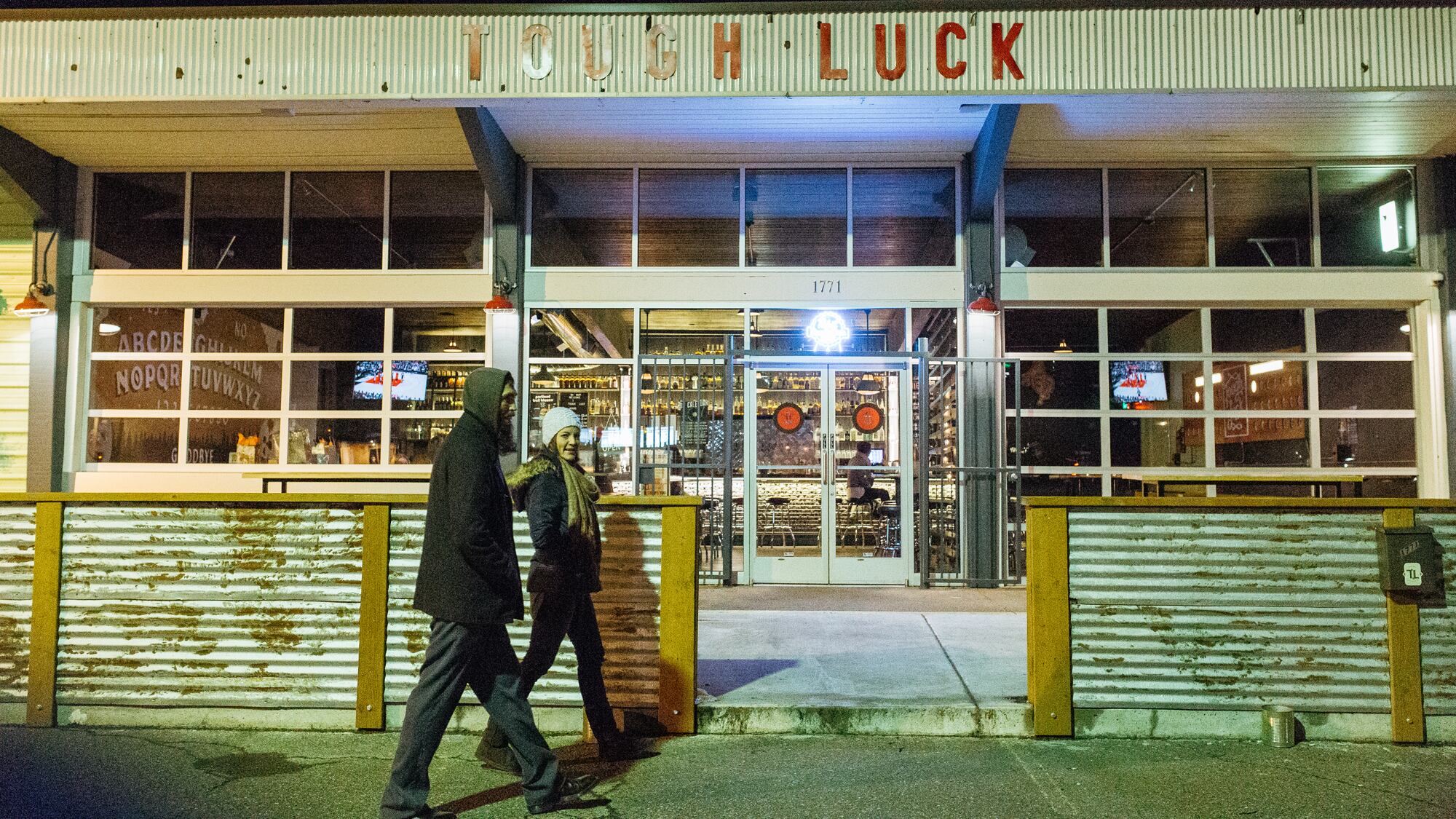It's no secret the hospitality industry has been flailing in the months since COVID-19 forced statewide closures and distancing orders that have reduced customer capacity.
Now, there are new statistics illustrating just how dire the situation is for so many businesses.
Today, the Oregon Office of Economic Analysis released its Economic and Revenue Forecast, which found that demand and revenue for Oregon's bars and restaurants are down by 56%. Overall, the leisure and hospitality sector has shed a staggering 53,000 positions in 2020, a 44% decrease.
That's far more than any other industry, making jobs in this realm the hardest hit by the pandemic.
The results led a number of food and beverage organizations to issue a joint statement, including the Oregon Brewers Guild, Oregon Wine Council, Oregon Beer and Wine Distributors Association, Oregon Winegrowers Association and the Oregon Restaurant & Lodging Association:
"Closures due to COVID-19 are having a devastating impact on Oregon's breweries, wineries, cideries, distilleries, restaurants, bars and hospitality sector. Prior to the COVID-19 pandemic, Oregon was home to 900 wineries, 1,200 vineyards, 73 distributors, 400 breweries, 60 cideries, more than 50 distilleries and 10,000 restaurants, creating thousands of good-paying jobs and several billion dollars in wages. Many of those jobs are now at risk or have been lost. We've also been hit hard by the recent and ongoing wildfires plaguing our state.
"Beer, wine, cider and spirits are an essential part of Oregon's economy and identity. In order to survive, Oregon's breweries, wineries, cideries, restaurants and bars need the support of our elected officials. The last thing our local businesses need right now are tax increases. We remain committed to working together to help rebuild our economy and communities once the public health crisis ends."
The statement's reference to "tax increases" is aimed at the Oregon Health Authority's proposal to hike government fees on beer, wine and cider for the first time in approximately 40 years. If passed in the 2021 legislative session, the tax would bring in nearly $150 million in new revenue, which OHA says would help shore up the state's budget amid COVID-19's crippling economic impacts.
But hospitality industry groups say the timing would deal another devastating blow to restaurants, breweries, distillers and others that are facing a tough winter downturn, once cold temperatures and rain make outside seating less hospitable.
There may now be aid on the way, however.
A bill that would create a $120 billion revitalization fund for independent restaurants that are struggling to survive during the global health crisis is gaining momentum. The RESTAURANTS Act, introduced by U.S. Rep. Earl Blumenauer, has 200 bipartisan House co-sponsors and 40 co-sponsors in the Senate.
"With winter coming, independent restaurants that are holding on by a thread will face even greater challenges to survive," Blumenauer, a senior member of the House Ways and Means Committee, said in a press release. "On behalf of these small businesses, workers, and the communities they call home, Congress must take immediate action to save our beloved local dining establishments."
If passed, the legislation would create a fund that would go toward restaurants' operating costs, like payroll, benefits, food, rent and utilities. It would also give priority to minority- and women-owned and -operated establishments, and only be available to restaurants and bars with fewer than 20 locations and that are not publicly traded.
The hitch: Lawmakers are working to include the act in the next COVID relief package, and there are no hopeful signs both the House and Senate will come to an agreement on that any time soon.

